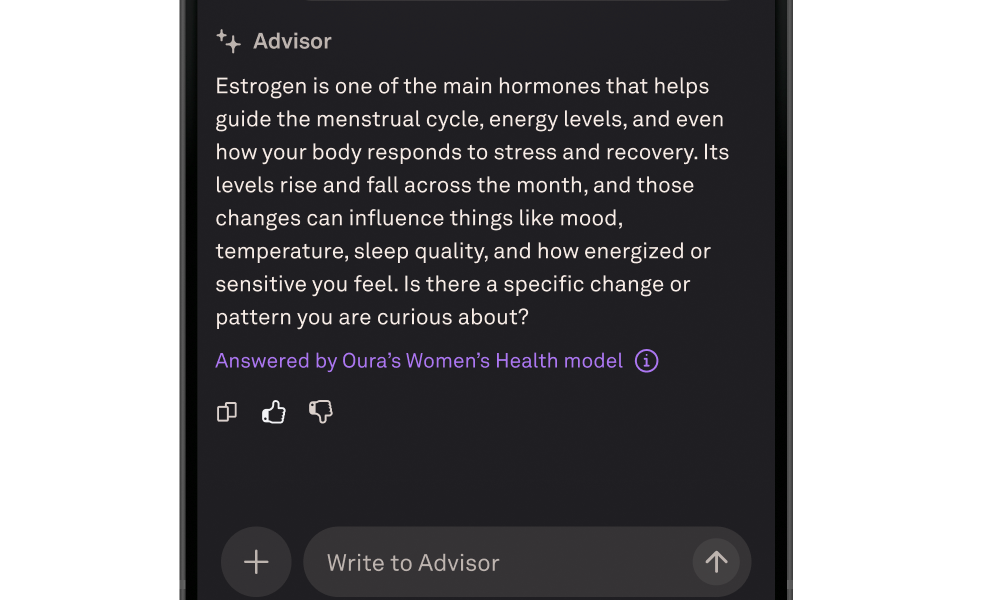FutureHouse, a non-profit backed by Eric Schmidt-backed which has as its mission the automation of "research in biology and other complex sciences" with AI agents, has released a new tool called Finch aimed at accelerating biological discovery. The announcement, made on the social media platform X, comes just a week after the launch of the organization's API and platform.
FutureHouse co-founder and CEO Sam Rodriques uploaded a pair of demos showcasing Finch's capabilities for open-ended and directed data analysis. In the first demo, Finch processes the data from a paper attempting to map the metastatic potential of human cancer cell lines along with the prompt "what can you tell me about the molecular drivers of cancer metastases using the data provided?" and reportedly replicates key findings from the original paper and proposes some novel, albeit not independently validated, findings.
To demonstrate how Finch can assist with directed data analysis tasks, it was fed some RNA sequencing data and asked to do differential expression and functional enrichment analyses of the data. Rodriques acknowledges that none of Finch's findings had been independently validated, and that the tool "makes a bunch of silly mistakes" and "messes a bunch of stuff up". The FutureHouse CEO also highlighted Finch's potential, calling the tool's data analysis capabilities a "superpower", and claiming the tool behaved similarly to a first year grad student.
Given the existing issues that need to be ironed out, FutureHouse stated it is launching Finch as a closed beta only. Bioinformaticians and computational biologists who sign up as beta testers will have the opportunity to help train Finch, as well as use the tool for their analyses.
Along with coding, automating parts of the scientific discovery process (especially in the biosciences) has long been touted as one of the areas in which generative AI will have an extraordinary impact. Industry leaders like OpenAI's Sam Altman and Anthropic have made bold claims about AI's potential to revolutionize scientific discovery.
However, skepticism remains warranted. Many researchers (outside of AI) question AI's current utility in guiding scientific processes, and no company has yet achieved any breakthrough discoveries using its tools. Moreover, some drug discovery companies touting themselves as AI-first, like Exscientia and BenevolentAI, have recently faced high-profile clinical trial failures.







Comments